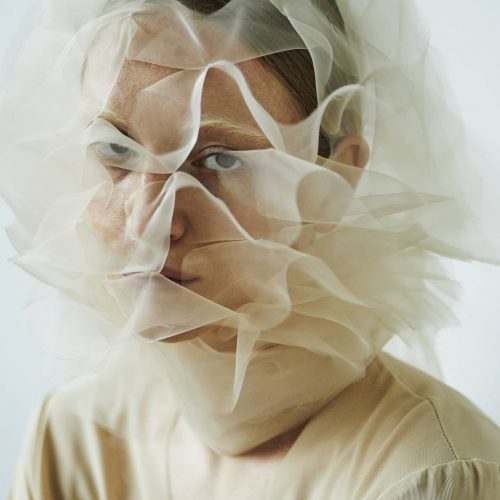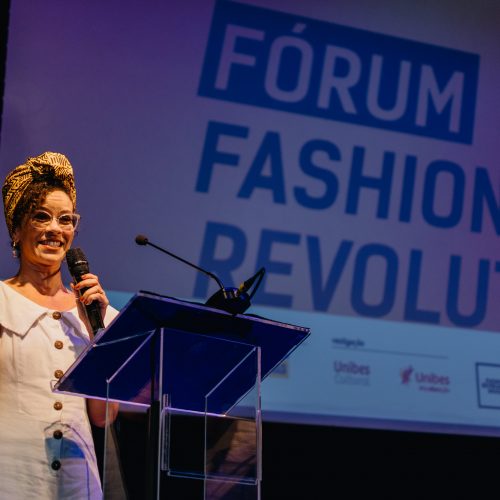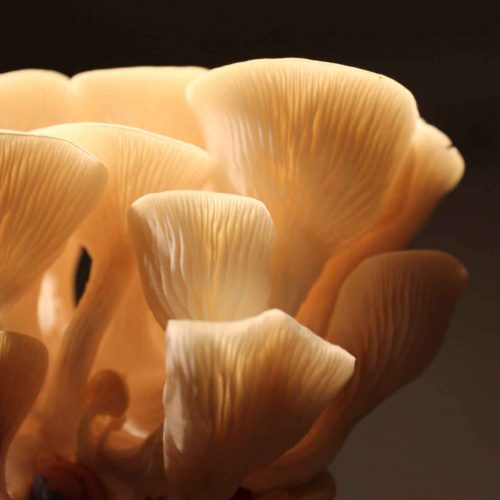ReSuit, The Danish Circular Fashion Project
Denmark aims to become the circular frontrunner, being the first country to start sorting clothes separately.
To receive the Luxiders newsletter, sign up here.
ReSuit, recycling technologies and sustainable textile product design, is the Danish DK13 million project that aims to recycle all textile waste in the country. Led by research and technology company "Danish Technological Institute" and supported by Innovation Fund Denmark, it tackles recycling from design and technology perspectives.
Significant players of the fashion industry will take part in this initiative: Bestseller, Elis and Design School Kolding, raw material producer A/S Dansk Shell, Naboskab in the consumer behaviour field and Aarhus University, Fraunhofer and Danish Technological Institute in the recycling and technology field.
As Anders Lindhardt (PhD) from Danish Technological Institute, explained in a press release: “Yearly, 100 billion textile units are produced worldwide, and they are to a great extent treated as disposable cutlery. Materials worth 400 billion euros are lost as we lack infrastructure and solid recycling technologies on a very large scale. In this project, we are looking to get all textile waste in Denmark into a loop where it can become new textiles or raw materials for other products. If it succeeds, it can become a game change.”
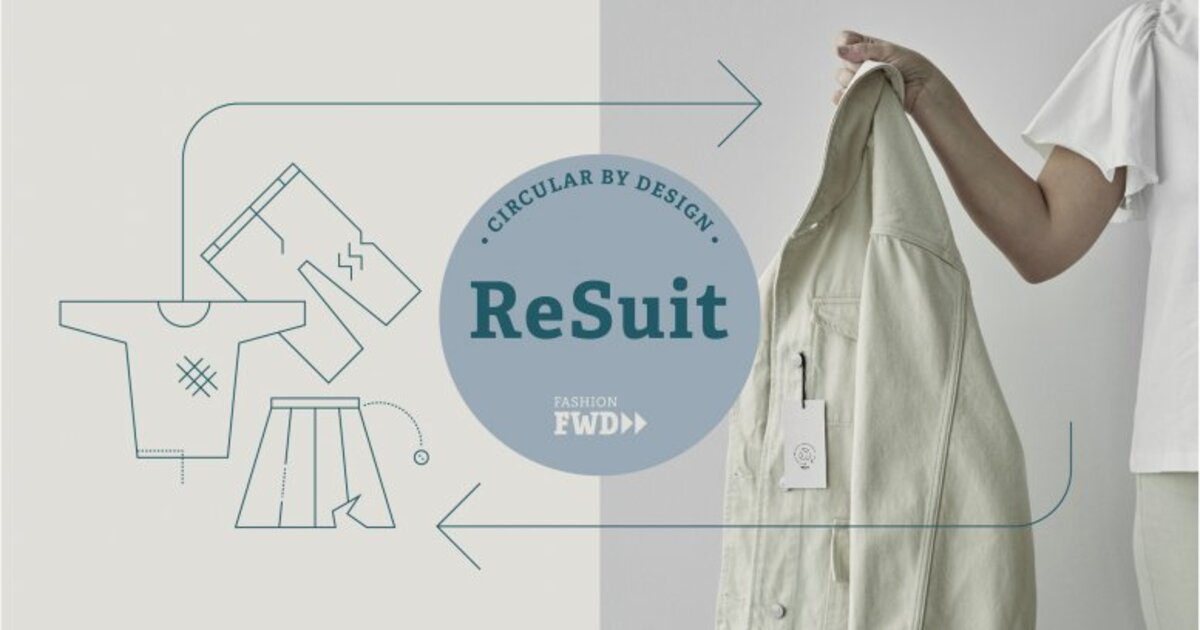
© Bestseller
DESIGN APPROACH
The focus will be on the sustainable design of the garments, textiles designed with recycling in mind. This will rule out substances, as far as possible, that make clothes unsuitable for future recycling processes. Camila Skjønning Jørgensen, Sustainable Materials & Innovation Manager, says that circularity is not a stock commodity. “We need disruptive innovation to create the circular solutions we strive for”, continues.
Denmark alone generates 85,000 tons of textile waste, annually. With this project, the country will start sorting it separately in 2022, being three years ahead of the rest of the European Union, which will implement the practice in 2025.
“Polyester accounts for half of all clothing fibres in the world,” says Lindhardt. “We will therefore further develop technology based on chemical recycling to recycle the polyester materials so that they can return to the textile industry.”
TECHNOLOGY APPROACH
Regarding technology, the focus is to degrade the remaining textile using HTL technology (hydrothermal liquefaction). The process is carried out under the influence of water, heat and pressure and it converts the complex textile stream into oil products that can be re-used for the production of plastics, fuels or synthetic textile fibres. HTL is well – known in the field of technology, but it hasn’t been applied to the fashion industry yet. ReSuit will be the first one using it aiming to further develop the process.
A/S Dansk Shell, project member, has already tried refining bio-oil products and is confident on the possibilities this will bring to recycling clothing.
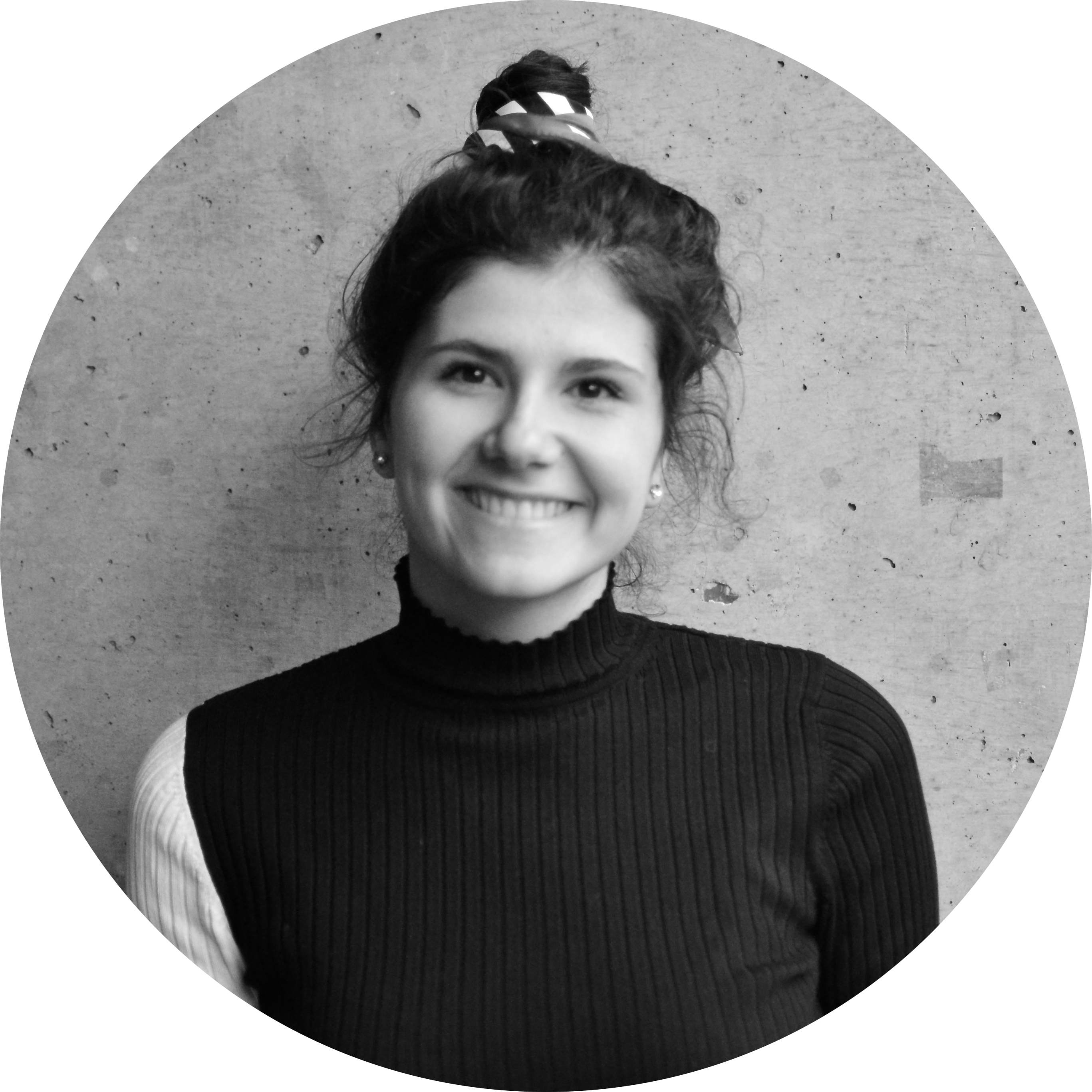
+ Words: Ane Briones, Luxiders Magazine
Journalism graduate | Basque Country based writer
IG: @anebriones


